 Recent changes in bank fees at many banks have many consumers wondering what they should do next. If you are trying to decide whether or not to open a new account at a different bank, you need to find out a little bit more about your financial institution — and the institution are considering switching to. Here are top 5 questions to ask your banker:
Recent changes in bank fees at many banks have many consumers wondering what they should do next. If you are trying to decide whether or not to open a new account at a different bank, you need to find out a little bit more about your financial institution — and the institution are considering switching to. Here are top 5 questions to ask your banker:
1. Is My Money Protected?
Your first task is to find out whether or not your money is protected. FDIC insurance should be the first thing you look for in a bank (NCUA insurance with a credit union). This means that your money is protected in the event the bank fails. However, you should also find out what other types of protection the financial institution has. Does your bank have insurance to protect your safety deposit box? Remember, too, that the FDIC doesn’t protect against theft, and losses due to natural disasters. Find out what steps your bank has taken to protect your money in these circumstances.
2. What Fees are Charged?
Ask for an explanation of bank fees. Monthly maintenance fees, ATM fees, and other fees are all concerns. You should also find out what fees come with your specific account. Some “express” accounts come with fees if you speak with a teller more than once or twice a month. Ask for specifics on the fee structure, so you can gauge what will be expected of you.
3. Am I Earning Interest?
Learn which accounts earn interest. Some checking accounts pay a yield, as well as savings accounts. Find out what the interest yields on CDs, money market accounts and other accounts are. You should try to find a bank that pays you a little more for your money. After all, the bank is using your money to make loans to other people. You should be earning a yield on as much as your money as possible.
4. What are the Account Minimums?
In some cases, your “free” checking account might only be that if you keep in a minimum balance. You might need to keep at least $1,000 — or more — in your checking account to avoid fees. Likewise, there might be a tiered system when it comes to your yield on a savings account. You might only earn the optimal interest rate if you have more than $10,000 in the savings account and less than $100,000. Find out what the restrictions are, and what minimums you need to maintain if you want to avoid penalties.
5. How Else Can I Bank?
Find out about your mobile options, as well as your online options. If it’s important to you to be able to access your accounts from anywhere, find out about what is available. Additionally, find out what security steps your bank’s web site and mobile app have taken to keep your information secure. You want to make sure that the site’s encryption is up to snuff, and that the mobile app is also secure. You don’t want your information compromised.

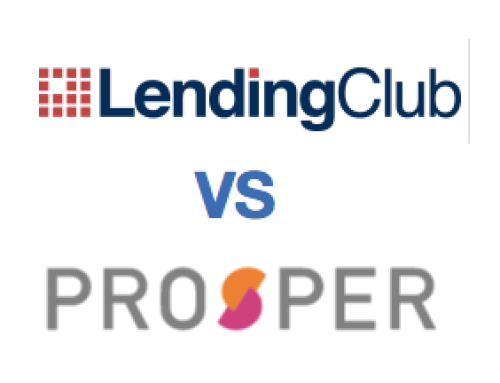
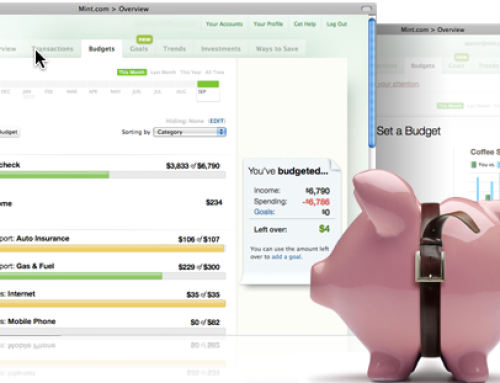
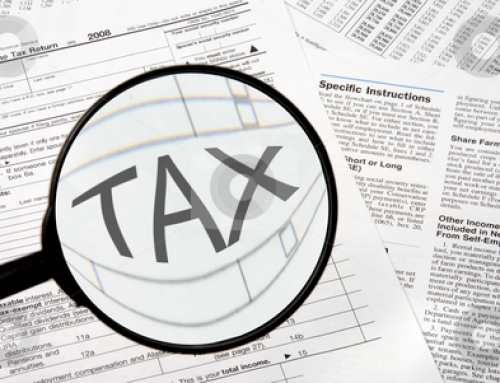
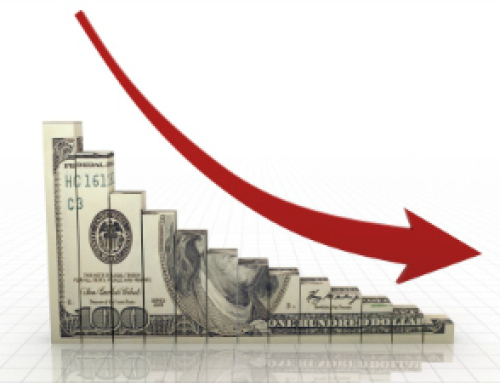
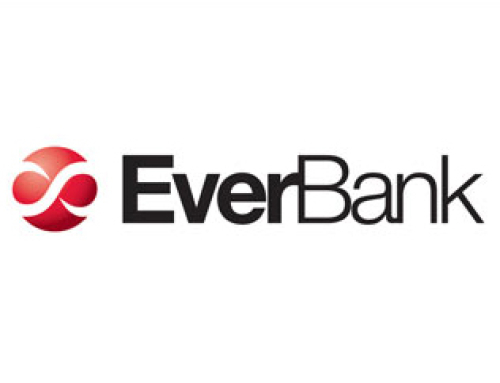







Follow Us